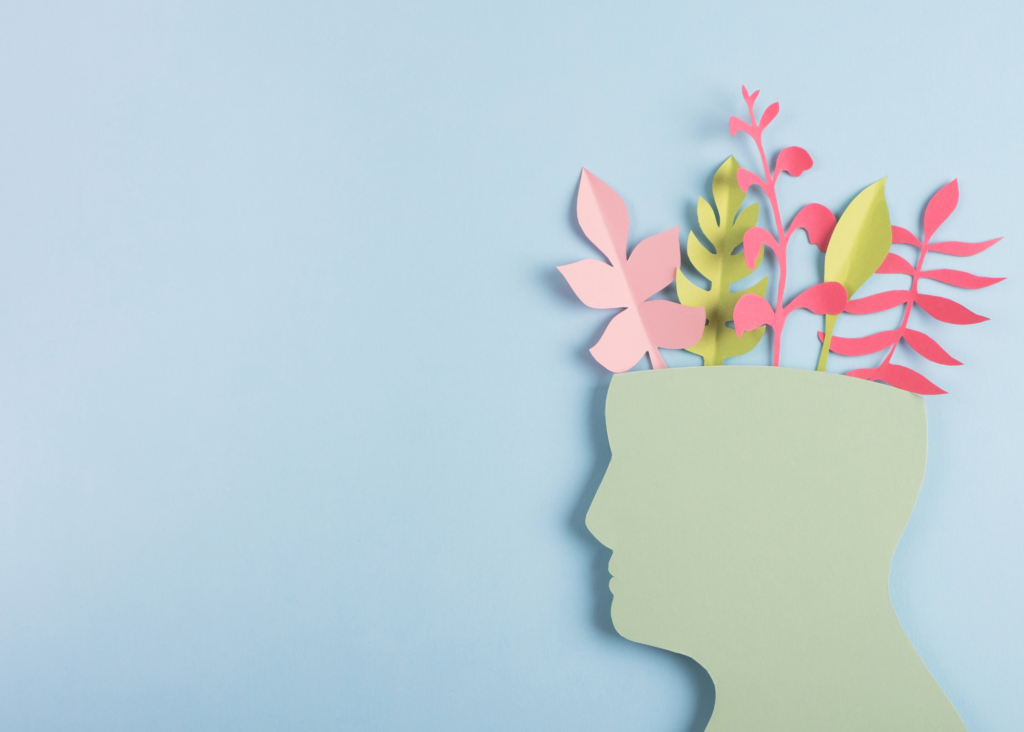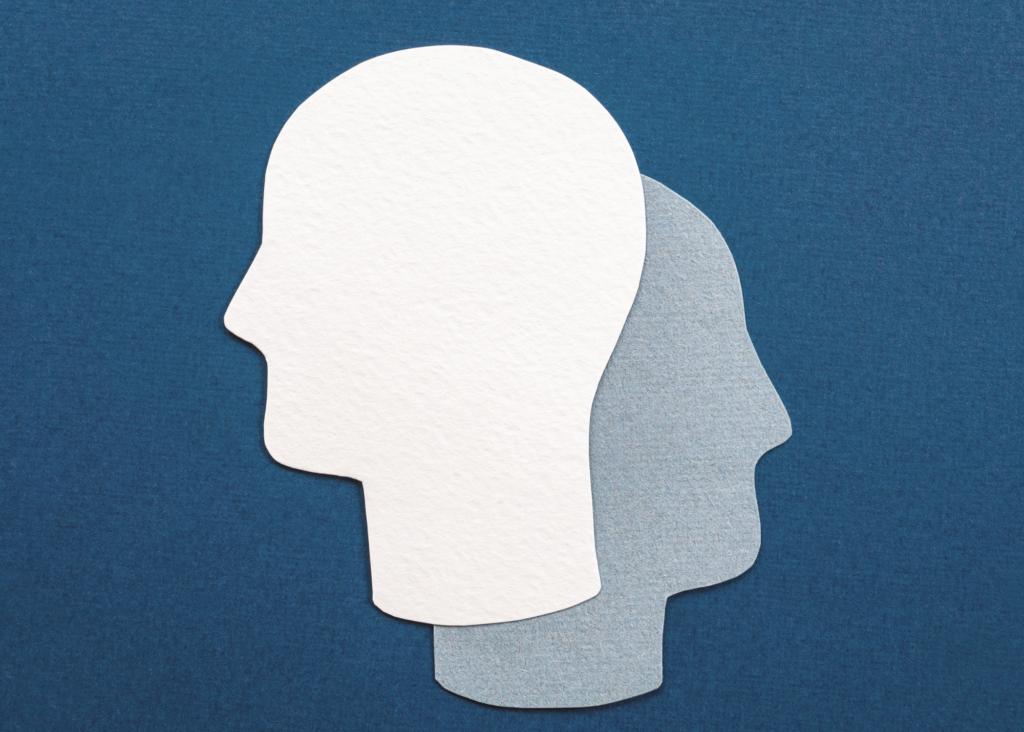May 21
What Is Behavioral Health? Everything You Need to Know
Behavioral health is a term that can be used to describe anything that impacts the emotions and behaviors related to a person’s overall well-being. It can include areas such as mental health, substance use disorder, or suicide prevention. Behavioral health impacts quality of life and wellness, and it is important to focus on mental health for the long-term health of individuals and communities.

What Does Behavioral Health Mean?
Behavioral health is anything that impacts the behaviors of an individual, which affects their overall wellness. According to the Substance Abuse and Mental Health Services Administration (SAMHSA), 20% of adults have a significant mental health or substance use disorder.
When individuals work on their mental health through behavioral health care, they typically have better health overall, reduce substance abuse, and improve their quality of life. Behavioral health services may include substance abuse interventions and recovery, mental health care, family counseling, or chronic disease management.
What Are Examples of Behavioral Health?
As mentioned, behavioral health is a general term that includes many public health issues such as mental health disorders, substance abuse and addiction, and behavioral issues. Below are a few of the different mental health conditions that fall under behavioral health:
- Mental health disorders: depression and anxiety
- Substance abuse and addiction: alcohol and drugs
- Behavioral issues: eating disorders and gambling addiction
What Is the Difference Between Mental Illness and Behavior Problems?
According to UMASS, mental health has more to do with someone’s internal thoughts and feelings, and behavioral health deals with actions that people may take. While these things can be connected, it’s important to distinguish the difference between them to work on them directly with qualified health professionals.
What Are the Causes and Influences on Behavioral Health?
To tackle behavioral health issues and get help, it is important to understand why they show up in the first place. There are a few main areas that cause and influence behavioral health issues:
Biological Factors
The first category that may cause mental health issues is biological. This may include genetics, brain damage, infections a person has had, toxins in the environment, and substance abuse.
Environmental Factors
The second factor that may influence behavioral health is environmental. This is less about your natural surroundings and toxins, but more about the situation that you were raised in. If you had a toxic family environment, a divorce or death of someone close to you, large stressors, or negative societal messaging, you are more likely to experience behavioral health issues.
Psychological Factors
The final factor that will influence behavioral health is psychological. This may include severely traumatic experiences, early and extreme loss, or neglect by your caregivers.
What Are the Signs and Symptoms of Behavioral Health Issues?
Similar to the variety of behavioral health issues, there is a range of different signs for a behavioral health crisis or issue. Clinicians will look for many symptoms to diagnose and support their patients. Here are a few examples:
- Feeling down
- Confusion
- Lack of concentration
- Extreme worrying
- Mood swings
- Low energy levels
- Change in sex drive
- Suicidal thoughts
- Paranoid thoughts
- Overly stressed by daily problems

Whether you or a loved one are feeling any of the above, it’s important to seek mental health treatment or behavioral health programs immediately. Early intervention is critical. The earlier you are diagnosed, the earlier you can start to work towards healing. Receiving the proper care and support can change your life.
What Are the Treatment Options for Behavioral Health Disorders?
There are a variety of treatment options and resources available for those with behavioral health disorders. There are helpful webinars, podcasts, and hotlines that can be used to get information and resources immediately. Beyond self-supported resources, there are inpatient and outpatient mental health care services across the country that can support behavioral health needs.
Because every behavioral health disorder is different, each person needs a customized treatment plan designed for them. If an adolescent has an eating disorder and comes from a tough environmental situation, they may need an inpatient or outpatient eating disorder professional or program to help them through their recovery. If someone is going through an opioid addiction, they may need to go to a substance use disorder service or program to work through their addiction and get back on their feet.
While there are in-person treatment options, there are also emerging trends in behavioral health treatment that offer more opportunities for resources. Now, more healthcare providers offer telehealth appointments, digital health platforms, and resource centers.
Get Behavioral Health Support and Treatment at LCH
If you or a loved one need help, LCH is here to support you. From telehealth appointments to online resources and the Pia Center for Behavioral Health, we can support your behavioral health issues. LCH has a longstanding commitment to ensuring access to behavioral and mental health services.
Learn more about our services and get help here.
